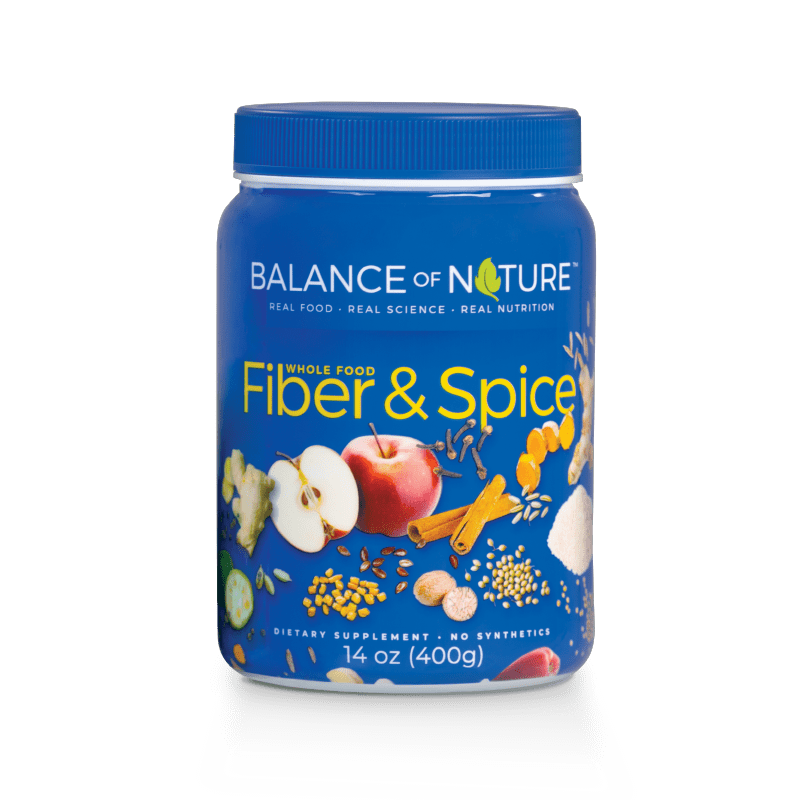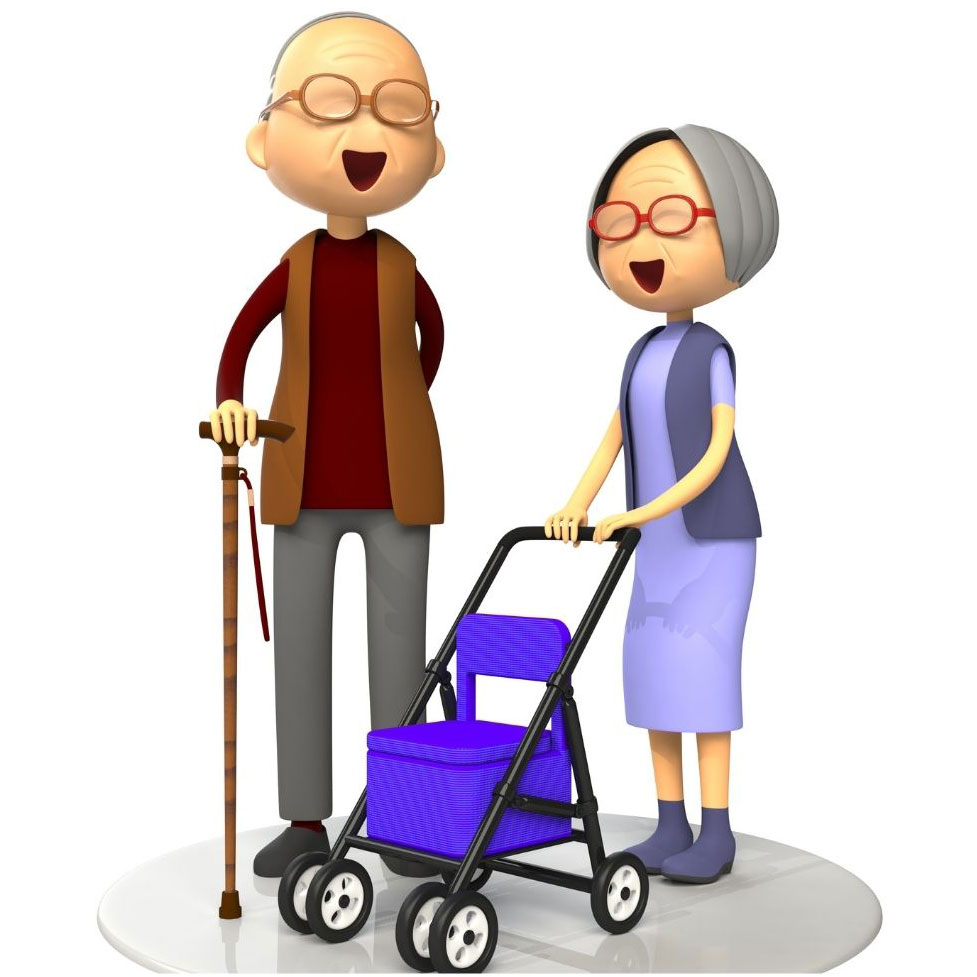Want to lose weight? Eat more fiber.
Looking to lower cholesterol? Eat more fiber.
Need to reduce your risk of colon cancer? Eat more fiber.
Want to stop overeating? Eat more fiber.
Struggling with bowel movements? Eat more fiber.
Want to outlive all of your family members…well, you get it.
Fiber Is One 0f The Answers.
What foods are HIGH in fiber? Think Plants.
- Whole Grains,
- Fruits,
- Vegetables,
- Legumes,
- Nuts,
- Seeds.
What foods are LOW in fiber?
- Meat? No fiber.
- Dairy? No fiber.
- Poultry? No fiber
- Eggs? Nope, no fiber.
- Fish? Sorry, the answer is no.
According To The Mayo Clinic, The Benefits Of Fiber Include:
Normalizes Bowel Movements.
Dietary fiber increases the weight and size of your stool and softens it. A bulky stool is easier to pass, decreasing your chance of constipation. If you have loose, watery stools, fiber may also help to solidify the stool because it absorbs water and adds bulk to the stool.
Helps Maintain Bowel Health.
A high-fiber diet may lower your risk of developing hemorrhoids and small pouches in your colon (diverticular disease). Some fiber is fermented in the colon. Researchers are looking at how this may play a role in preventing diseases of the colon.
Lowers Cholesterol Levels.
Soluble fiber found in beans, oats, flaxseed, and oat bran may help lower total blood cholesterol levels by lowering low-density lipoprotein, or “bad,” cholesterol levels. Studies also have shown that fiber may have other heart-health benefits, such as reducing blood pressure and inflammation.
Helps Control Blood Sugar Levels.
In people with diabetes, fiber — particularly soluble fiber — can slow the absorption of sugar and help improve blood sugar levels. A healthy diet that includes insoluble fiber may also reduce the risk of developing type 2 diabetes.
Aids In Achieving A Healthy Weight.
High-fiber foods generally require more chewing time, which gives your body time to register when you’re no longer hungry, so you’re less likely to overeat. Also, a high-fiber diet tends to make a meal feel larger and linger longer, so you stay full for a greater amount of time. And high-fiber diets also tend to be less “energy-dense,” which means they have fewer calories for the same volume of food.
Balance Of Nature Fiber And Spice
Fiber is Vital To Your Health
Learn How to Not Consume Too Much Fiber
Get Coached To Help Attain Your Goals
If you click this link and make a purchase, we earn a commission at no additional cost to you.

Up Next: Does Balance of Nature Work?
Disadvantages of Fiber: Too Much Fiber
There is only one minor disadvantage of eating dietary fiber. If you eat too much at one time, it could cause discomfort and constipation. Constipation usually occurs if you also do not drink enough liquids with a fiber supplement. Psyllium husks and whole flaxseed are types of fiber to be most careful with over-consuming.
Potential Problems Caused by Too Much Fiber
Here are a few signs, symptoms, and problems that excessive fiber intake can cause.
1. Constipation

Usually thought of as a consequence of too little fiber, constipation may also result from an excessive intake. In fact, it can even be worse than on a low-fiber diet.
One study investigated fiber intake in 63 constipation patients who were currently on a high-fiber diet. The researchers split the participants into three groups; a no fiber, reduced fiber, and continuous high fiber diet plan. Surprisingly, only the participants reducing their fiber intake saw a benefit. Participants who reduced their fiber intake had improvements in straining, gas, constipation, and anal bleeding.
The researchers explained that over-consumption of fiber may cause constipation through a build-up of undigested matter in the digestive tract.
The risk is higher when first increasing fiber in the diet, so it’s important to increase fiber slowly if you plan on making any significant dietary change.
Lastly, a greater fiber intake increases the body’s water requirements, not drinking enough can cause dehydration and make the problem worse.
Key Point: Evidence suggests that too much fiber can cause constipation. Studies also show that cutting down on fiber intake can be an effective remedy to relieve constipation.
2. Nutrient Malabsorption
In reality, most people already consume relatively low fiber diets. As a result, it’s rare to impede the absorption of nutrients through excessive fiber intake. However, insoluble fiber—mainly found in whole grains—can reduce our absorption of certain nutrients. Specifically, fiber can bind essential minerals including calcium, iron, magnesium, and zinc (6, 7).
For example, a recent randomized trial showed that a high intake of fiber causes a “slight but significant” reduction in calcium absorption. Whole grain sources of fiber are also sources of antinutrients like phytic acid. While phytate can have some beneficial effects on our body, it’s also capable of binding minerals.
In particular, studies show that higher dietary phytate intake inhibits the absorption of iron, calcium, and zinc.
Key Point: Dietary fiber decreases the bioavailability of some essential minerals. However, this effect is only slight for people with a reasonable fiber intake and would likely require excessive amounts of fiber to do harm.
3. Gas and Bloating

Gas and feeling bloated are two of the most common complaints against a high-fiber diet plan. Since we think it’s the healthy thing to do, many people go overboard and include too much fiber-rich food in each meal. As the microbiota in our gut digest fiber, the process produces various gases. This gas can lead to belching, flatulence, and abdominal bloating, causing a considerable amount of discomfort to sufferers.
If this is something that sounds familiar, then consider how much fiber you’re consuming. This digestive distress is especially common when increasing fiber intake suddenly.
Foods such as beans and cruciferous vegetables like cabbage, kale, and sprouts are common culprits for gas production.
Key Point: Eating a few vegetables with a meal is perfectly healthy, but massive amounts is overkill. Too much fiber often causes gassiness and abdominal bloating.
4. Abdominal Cramping
Stomach cramps can be both painful and frustrating, and they can sometimes be a sign of excessive fiber intake. The gases released by the breakdown of large amounts of fiber are the culprit, and studies show that reducing fiber intake can ease abdominal pain.
In this case, it is a build-up of gases in the colon that causes the problem by exerting pressure on the colon walls. A systematic review of randomized controlled trials demonstrates that fiber intake can relieve symptoms of irritable bowel syndrome – except for abdominal pain. This study found that “in some cases, insoluble fibers may worsen the outcome”.
While stomach cramping may be a sign of too much fiber, if it persists then seeing a doctor for an accurate diagnosis is important.
Key Point: Various studies show that too much fiber can lead to abdominal pain.
5. Intestinal Blockage
Fortunately, this condition is very rare and unlikely. However, there are documented cases of gastrointestinal tract blockages, which are serious medical emergencies. Notably, too much fiber can increase the risk of a phytobezoar developing. This condition is a large, trapped mass in the digestive system which consists of fruit and vegetable fibers.
Coupled with inadequate chewing, a large intake of high-fiber food is one of the biggest risk factors for a phytobezoar.
A low-fiber diet is usually the default recommendation for those at risk of an intestinal blockage.
Key Point: An intestinal blockage is pretty much the very worst-case scenario, but a serious overload of fiber can lead to a bowel obstruction.
Balance Of Nature Fiber And Spice
Fiber is Vital To Your Health
Learn How to Not Consume Too Much Fiber
Get Coached To Help Attain Your Goals
If you click this link and make a purchase, we earn a commission at no additional cost to you.

6. Dehydration
Dehydration as a result of excessive fiber depends on how much fluid the individual is consuming in the first place. If it is an inadequate amount and fiber consumption increases, then it’s a possible cause of dehydration. For larger amounts of dietary fiber, it’s important to ensure sufficient water intake.
The reason why is because soluble fiber absorbs water in the digestive tract, which increases the body’s hydration needs. You may have heard the “eight glasses per day” suggestion for water intake, but there isn’t much evidence behind this.
It’s incredibly difficult to ascertain how much water each individual needs, as this depends on so many different things. For example; the climate, physical activity, diet, and each person’s unique biology can all influence hydration levels.
With this in mind, judging water requirements by listening to thirst and urine color (ideally pale yellow) is ideal.
Key Point: An insufficient amount of water on a high-fiber diet will lead to dehydration.
7. Acid Reflux and GERD
Recently, evidence suggests that small intestinal bacterial overgrowth (SIBO) may cause some cases of acid reflux. Acid reflux is otherwise known as gastroesophageal reflux disease (GERD), but you may know this best as heartburn.
Heartburn is a digestive disorder in which stomach acid leaks into the esophagus, and it may cause anything from mild discomfort to sharp, burning pain. In cases of heartburn, gas from the bacterial fermentation of carbohydrates can rise upward. As a result, these gases put pressure on the LES valve (lower esophageal sphincter) which keeps acid in the stomach and out of the esophagus.
For this reason, lowering carbohydrate levels has been put forward as a potential therapeutic solution to GERD. There appears to be strong evidence too. For instance, a recent 16-week study of 144 obese women with GERD saw all symptoms resolve in all women on a low-carb, high-fat diet.
Key Point: Higher amounts of fermentable carbohydrates such as fiber may play a role in symptoms of GERD.
How to Counteract Too Much Fiber
What can you do if you overeat fiber?
If you have symptoms of consuming too much, then the most important ways to counteract them are;
- STOP fiber intake until the condition subsides: consuming more fiber when there is a large amount still undigested will worsen the problem.
- Drink lots of water – adequate hydration will help with the digestion process.
- Do some light exercise such as walking: exercise and movement are known to help improve constipation and speed digestion up.
Final Thoughts
Like with many things in nutrition, there isn’t always a clear black and white.
Despite all the health claims we read about fiber, it’s important to be aware of the possibility of adverse effects at higher levels of consumption.
It’s also worth remembering that some fiber-containing foods are incredibly nutritious – avocados, raspberries, and cacao just to name a few.
Balance Of Nature Fiber And Spice
Fiber is Vital To Your Health
Learn How to Not Consume Too Much Fiber
Get Coached To Help Attain Your Goals
If you click this link and make a purchase, we earn a commission at no additional cost to you.

How Much Fiber Do You Need?
The adequate intake for dietary fiber is 14 grams of total fiber per 1000 calories,
- 25 grams for adult women per day
- 38 grams for adult men per day
Based on research demonstrating fiber’s effect on coronary artery disease, feel free to gradually increase to more!
Here’s a tip: stop counting calories (and sugar and fat) and start counting fiber. I don’t actually believe that you need to count anything long-term, but initially, it is helpful to keep track of your fiber intake.
Balance Of Nature Fiber And Spice
Fiber is Vital To Your Health
Learn How to Not Consume Too Much Fiber
Get Coached To Help Attain Your Goals
If you click this link and make a purchase, we earn a commission at no additional cost to you.

Conclusions
- Understanding the importance that fiber is vital for our health as we age.
- The key here is commitment. Like many natural remedies, it takes a while for the benefits to kick in.
- You can choose what fiber you naturally want to add to your diet.
- You can use the Balance of Nature to supplement fiber and spice
- Balance of nature helps you with a coach to assure consistent results.
Learn More About The Incredible Importance Of Coaching

Get The Right Amount of Fiber
Fiber is Vital To Your Health
learn How to Not Consume Too Much
Get Coached To help Attain Your Health Goals






